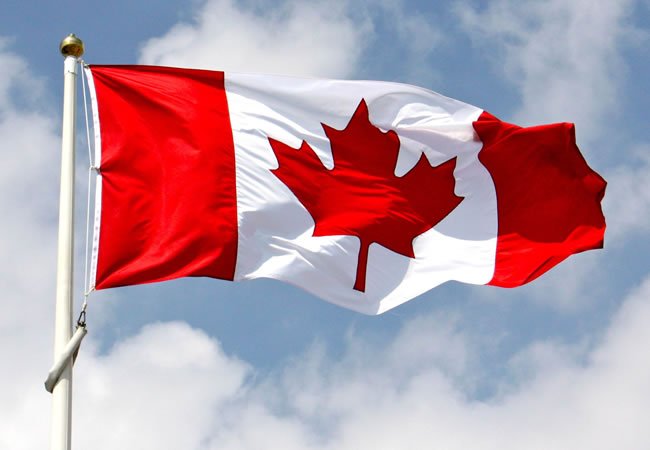
Nigeria is experiencing a wave of emigration to developed nations. Each day, you hear your neighbour, friend, or colleague has left with their families. Many of these movements are increasingly towards Canada as their immigration system is point-based, with many pathways, relatively easier and more popular than other countries in the West. According to the United Nations statistics, Canada is one of the safest places on earth to live. It is one of the wealthiest nations, marked by stability, and with a life expectancy of 82.4 years. With the increasing and unresolved security issues in our nation, Canada seems like a perfect destination for a flight to safety.
Also driving this surge is the messaging and branding of Canadian immigration as a worthwhile investment that promises peace of mind, confidence about the future, world-class education and amazing quality of life. Nigerians and others from the developing world explore Canada as a place to live, work or study for many reasons including varied means of legal immigration including economic and business immigration, investment, family, and the humanitarian/refugee options. It also helps that the government has several social safety nets including newcomer programmes, childcare benefits, and matching contributions for post-secondary education that one qualifies upon landing as a permanent resident.
In addition, one enjoys the same fundamental rights and benefits as Canadian citizens (except that you cannot vote or be voted for in an election). It takes between three and four years to secure Canadian citizenship. It is five years in the US, the UK, Japan, Australia; eight years in Germany and 10 years in Austria. According to the Henley Passport Index, the Canadian passport ranks as the sixth most powerful passport globally. This gives visa-free travel to 184 countries in the world.
Furthermore, the Canadian publicly-funded education is very attractive. It is free and compulsory from primary to high school. Funding the children’s academic pursuits becomes a lot easier for many than in their home countries. In most Canadian provinces and territories, one qualifies for student loans and grants to sponsor post-secondary education after just one year of residence. School fees as a domestic student are at rates far lower than the fees for international students. For international students, there are opportunities upon graduation, to get into one of the pathways for permanent residency.
Equally important for some is that Canada thrives on diversity and multiculturalism. It encourages inclusion regardless of creed, colour, race, gender, class, or sexual orientation. Fundamental human rights are not only constitutionally enshrined but also protected without discrimination. The Canadian healthcare system assures world-class medical care upon landing. It is practically free for newcomers. There is a well-managed contributory insurance scheme that sustains the system to keep it cheap and available.
Even with all these prospects, relocating to a new country does not come without its challenges with the potential to negatively affect your experience if you do not adequately prepare for them. Navigating the settlement maze, culture shock, mental shifts, unconscious bias, subtle and outright racism, job search, certification disparity, workplace culture, inter-cultural parenting etc., could have adverse effects on the health of newcomers and impact their family dynamics.
For example, many quickly realise during job search that may start from transition jobs (to pay bills) or lower-level positions to “get a foot in the door”. Others realise that they may need Canadian experience to get a Canadian job and Canadian job to get a Canadian experience. Resolving these and other quagmires could have tremendous impact on mental health with days of uncertainty, moments of deep doubts, instances of regret, and periods of intense pressure.
This is where the book, Coming to Canada: The Ultimate Success Guide for New Immigrants and Travellers, comes in. Reading this guidebook is like having a friend by your side as you navigate everything you need to know about settling into Canadian life, including acquiring necessary legal documents, living arrangements and homeownership, transport, healthcare, work culture, school systems, government structure and interpersonal relationships.
Because Canada shares similar outlook to other countries in the developed world, the information in the book while Canadian in outlook will be of immense value for those relocating to the United States, the United Kingdom, Australia, New Zealand etc. Feeling apprehensive about moving to a new country is to be expected but Coming to Canada is a reminder that you are not alone and that you have the tools at your disposal to make this new experience an incredible one.
Iwuchukwu is a Nigerian-born financial services expert based in Canada
Copyright PUNCH.
All rights reserved. This material, and other digital content on this website, may not be reproduced, published, broadcast, rewritten or redistributed in whole or in part without prior express written permission from PUNCH.
Contact: [email protected]





